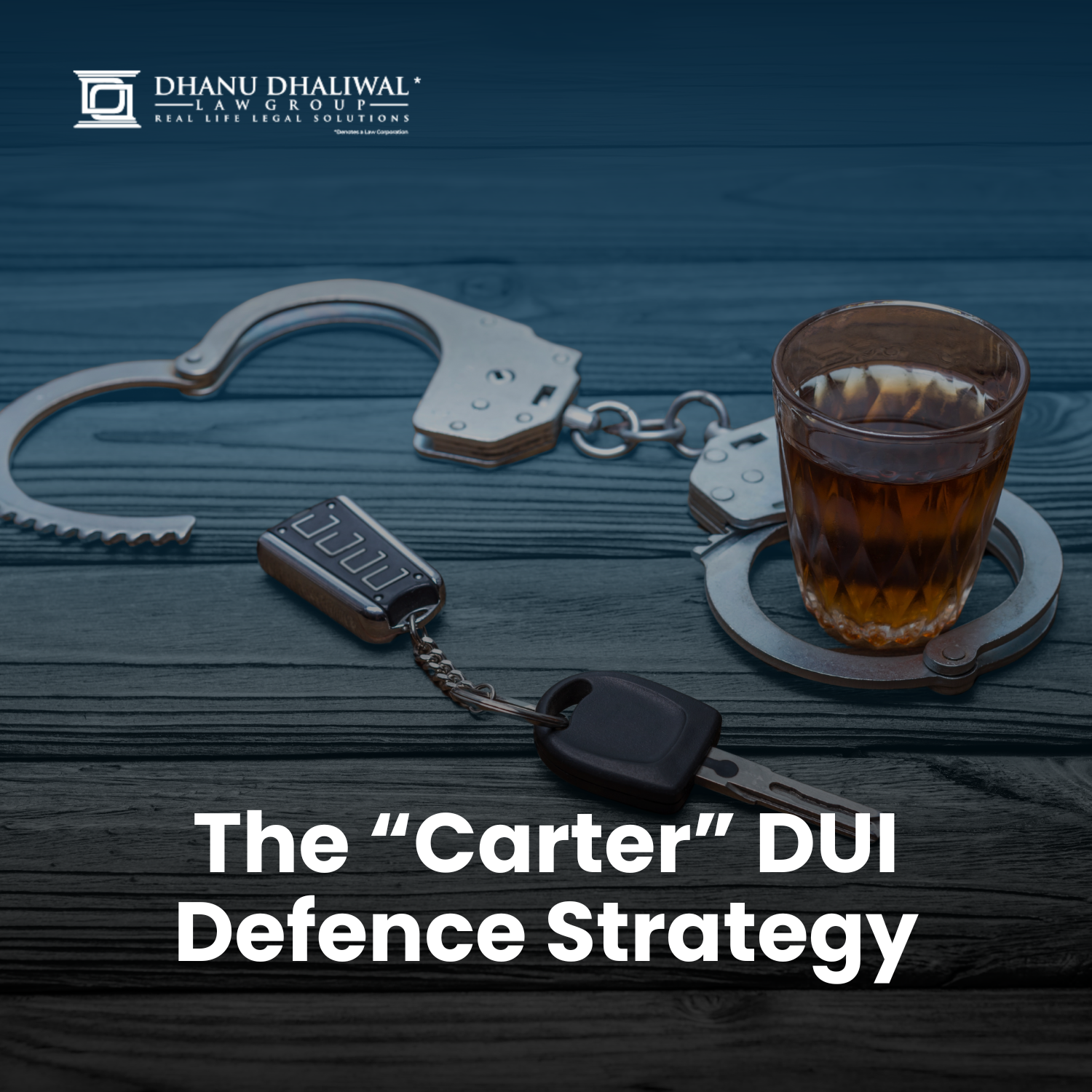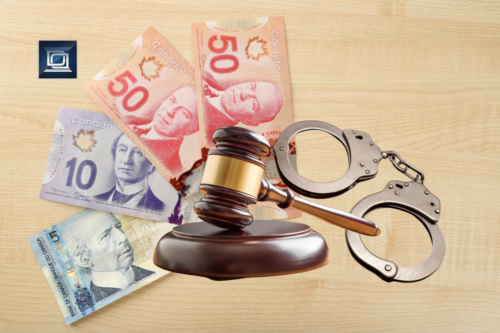The Carter Defence is a strategy for fighting drunk driving or DUI charges in Canada. Its primary goal is to introduce “reasonable doubt” regarding the accused’s level of intoxication at the time of arrest.
Named after the case of R. v. Carter, this DUI defence is arguably one of the most popular methods for disputing DUI charges in any criminal court in Canada.
How the Carter Defence Works
The Carter DUI defence involves presenting testimony and evidence to challenge the intoxication level of the accused. Even if the accused’s blood alcohol content (BAC) reading exceeds the legal limit of 0.08, the Carter defence introduces testimony from witnesses and experts to highlight key factors such as:
- The quantity and timeframe of alcohol consumption.
- The accused’s age, gender, weight, height, and other personal characteristics.
The defence essentially argues that, based on the accused’s size and the amount of alcohol consumed, it is doubtful that the BAC reading is accurate. Many judges across Canada have acquitted individuals using this strategy when presented with contrary evidence in court.
“He would not have been intoxicated given what he drank…”
Key Components of the Carter Defence
- Witness Testimony: Testimonies from the accused and those who observed their alcohol consumption are crucial.
- Expert Testimony: A toxicologist or medical expert provides an opinion that the accused would not have been legally intoxicated based on their specific circumstances.
For example, an expert might testify, “He would not have been intoxicated given what he drank.”
Carter DUI Defence Availability Post 2008
Given the large number of acquittals via this method the Harper government amended the legislation to limit the scope of the Carter defence back in 2008. This decision was in reaction to public opinion that drunk drivers were being acquitted too easily.
In supporting the legislative amendments, some pointed to judges themselves lamenting that they believed the individual was guilty just not to the standard of “beyond a reasonable doubt”.
Constitutional Challenges To The 2008 Change
Anytime a government enacts new legislation, there is a possibility that the courts in Canada will find that it violates the Charter of Rights and Freedoms and declare it to be invalid. The Charter enshrines numerous rights and principles including the right to a fair trial and to make a defence.
Given that the 2008 law prevents or limits certain defences, it is thus subject to scrutiny in regards to the Charter of Rights and Freedoms.
As of 2012, several courts across Canada have declared the law to be unconstitutional. This increases the likelihood that the judge hearing a defendant’s case may similarly rule the same way. Lawyers thus may still be able to use the Carter defence in 2012. In cases where trial judges disallow the Carter defence, the defendant may be able to appeal the ruling to the Court of Appeal or the Supreme Court of Canada.
It should be noted that eventually the Supreme Court of Canada will rule on the 2008 amendments and provide clear guidance to courts across the country. If they decide the law is unconstitutional, defendants across the country will have certainty in using this method to dispute DUIs. In response, the Government would likely then enact new, perhaps less restrictive, legislation that they believe will the Supreme Court of Canada will agree with.
What is the current state of the Carter DUI Defence in 2023?
The Federal Government of Canada recently amended the Criminal Code to further limit defences such as the Carter Defence. However, these new laws remain largely untested for their constitutionality as of 2023.
While the availability and future of Carter type defences is uncertain, it’s possible that those disputing DUIs will still be successful using it in 2023. It’s important not to discount the possibility of this defence, particularly in cases where the BAC reading is not too far above 0.08.
Given that criminal cases can take over a year to reach trial, there is potential for appellate courts to strike down these new amendments, reinforcing the availability of the Carter defence.
Legal Guidance and Evolving Laws
Since DUI laws are continually evolving, it’s essential to consult with a criminal lawyer to understand the available defences. For more information on handling DUI charges, you can refer to Steps to Take After Being Charged with a DUI in BC and learn about the nuances of DUI defences, including the importance of addressing a DUI promptly.
If you’re facing a DUI charge, consider contacting the experienced lawyers at Dhanu Dhaliwal Law Group. Their expertise can guide you through the complexities of DUI laws and help achieve the best possible outcome for your case.
Please note: The legal landscape regarding DUI defences in Canada is subject to change. Immediate consultation with a criminal lawyer is advised to explore your defence options.





